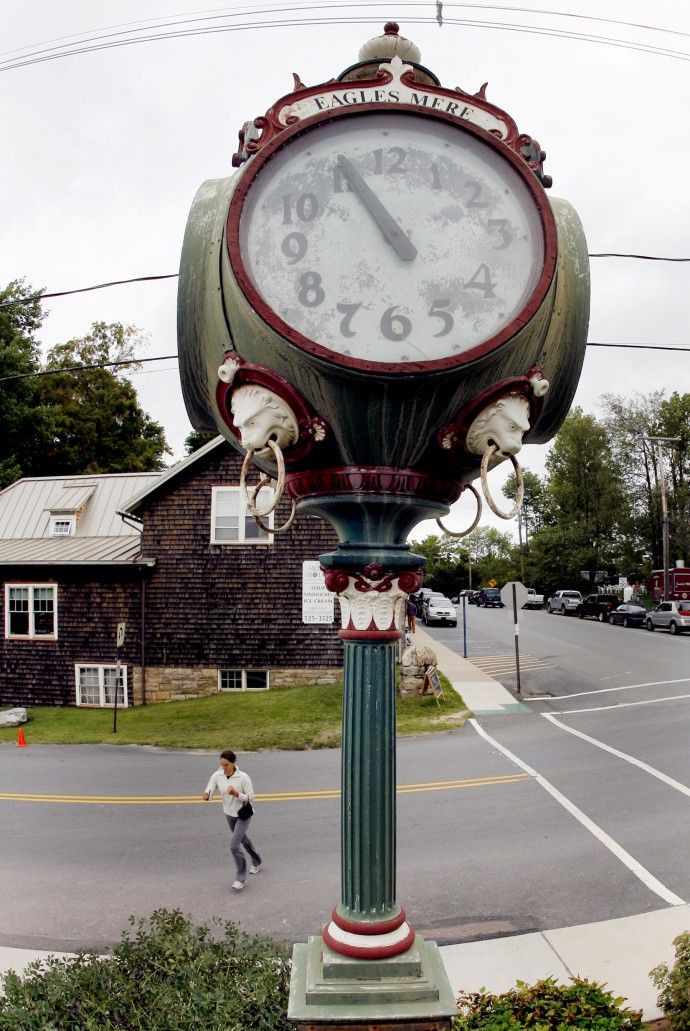Daylight Saving Time Ends Nov. 6: Pros and Cons

Daylight Saving Time (DST) would officially end at 2 a.m. Nov.6 when clocks are turned one hour back.
Daylight saving time generally begins in March and ends in November to make the most of the weakened winter sun and get more light during the evening hours and less in the morning hours.
The practice has invited both praise and criticism.
On the positive side, the time shift would make mornings lighter, helping people to prevent accidents and wake up to sunlight, rather than to the drizzling darkness that has plagued recent dawns. Several studies in the U.S. and Great Britain have found that the DST daylight shift reduces net traffic accidents and fatalities.
Several experts say DST would be a healthy change as one would get an extra hour of sleep and it is always easier to wake up an hour later than to go to sleep an hour earlier.
In addition, less electricity was thought to be used because people are home fewer hours during the longer days of spring and summer. Most people plan outdoor activities in the extra daylight hours. When people are not at home, they don't turn on the appliances and lights.
There may also be an economic benefit to DST, as daylight evening hours encourage people to go out and shop, potentially spurring economic growth.
On the downside, DST is reported to cause problems for farming and other occupations tied to the sun. Many people dislike DST as they have to change many clocks and adjust to a new sleep schedule. In addition, people with sleep disorders find this transition very difficult.
DST can cause serious health issues too. A study published in the New England Journal of Medicine in 2008 suggested that heart attack risks increased during the days just after the spring time change in Sweden.
Some argue that the energy savings touted by DST is offset by the energy used by those living in warm climates to cool their homes during summer afternoons and evenings. Similarly, the argument can be made that more evening hours of light encourage people to run errands and visit friends, thus consuming more gasoline.
Nevertheless, be ready to turn your clocks back on Nov.6, except residents in Arizona, Hawaii and the territories of Puerto Rico, the Virgin Islands, American Samoa, Guam and the Northern Mariana Islands as these territories are not practicing DST.
© Copyright IBTimes 2024. All rights reserved.





















